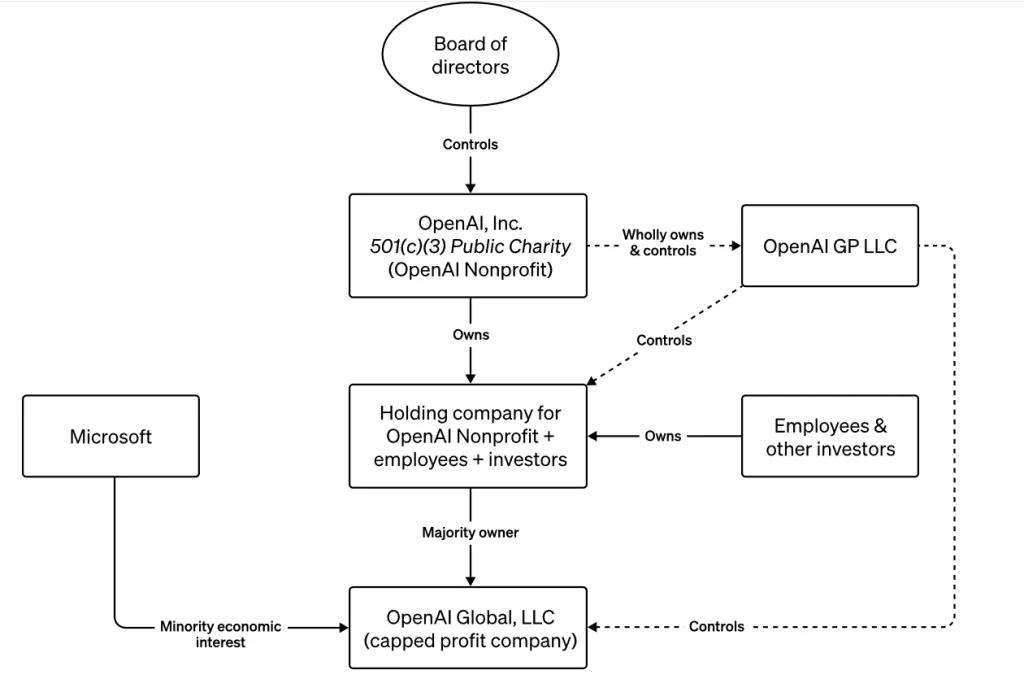Elon Musk’s lawsuit against OpenAI and its co-founders consists of several key points: allegations that the company has deviated from the Founders Agreement, information that the company uses non-profit status to get more return on its investment and that the company “has been transformed into a closed-source de facto subsidiary of Microsoft.”
But beyond these rather specious accusations, in which it’s unclear where they might lead, there’s an even more important detail: Elon Musk is going against the historic Microsoft and OpenAI deal that largely allowed Microsoft to overtake Google in the AI race.
Microsoft and OpenAI’s partnership began in 2019 when the company agreed to invest $1 billion in AI research. And in September 2020, they signed a deal giving Microsoft exclusive access to the GPT-3 code. In January 2023, the deal was expanded to include GPT-4 and DALL-E 2.
The lawsuit states that “GPT-4 is an AGI algorithm, and therefore expressly outside the scope of Microsoft’s September 2020 exclusive license with OpenAI.”
Nothing is known about Project Q* yet, and there is little information available, but the lawsuit suggests that this project “has an even stronger claim to AGI.”
What is a Microsoft-OpenAI exclusive deal?
The structure of the Microsoft and OpenAI deal is that Microsoft has made an investment, now valued at $13 billion, in the form of capital injections and the provision of Azure infrastructure in exchange for a 49% stake in OpenAI’s profits until it reaches a cap. After that, all profits will go to OpenAI.
In exchange, OpenAI gives Microsoft exclusive access to the company’s development work in its products, such as Bing, GitHub, Copilot, Office, etc.
According to Microsoft, the company does not own any stake in OpenAI and has a right in profit sharing.
Here’s how OpenAI describes the deal on their website:

The deal doesn’t include AGI
The deal includes Microsoft Azure becoming the exclusive cloud service provider for OpenAI, allowing Microsoft to study how creating “supercomputers” works for the massive computations needed to train AI models. But also, according to people familiar with the situation, it includes an exclusive license to OpenAI developments that Microsoft can use in its services.
But the deal excludes artificial general intelligence (AGI). But the decision on what constitutes AGI rests with OpenAI’s board. In the lawsuit, Musk states, “On information and belief, the new board members were hand-picked by Mr. Altman and blessed by Microsoft. The new Board members lack substantial AI expertise and, on information and belief, are ill-equipped by design to make an independent determination of whether and when OpenAI has attained AGI.”




